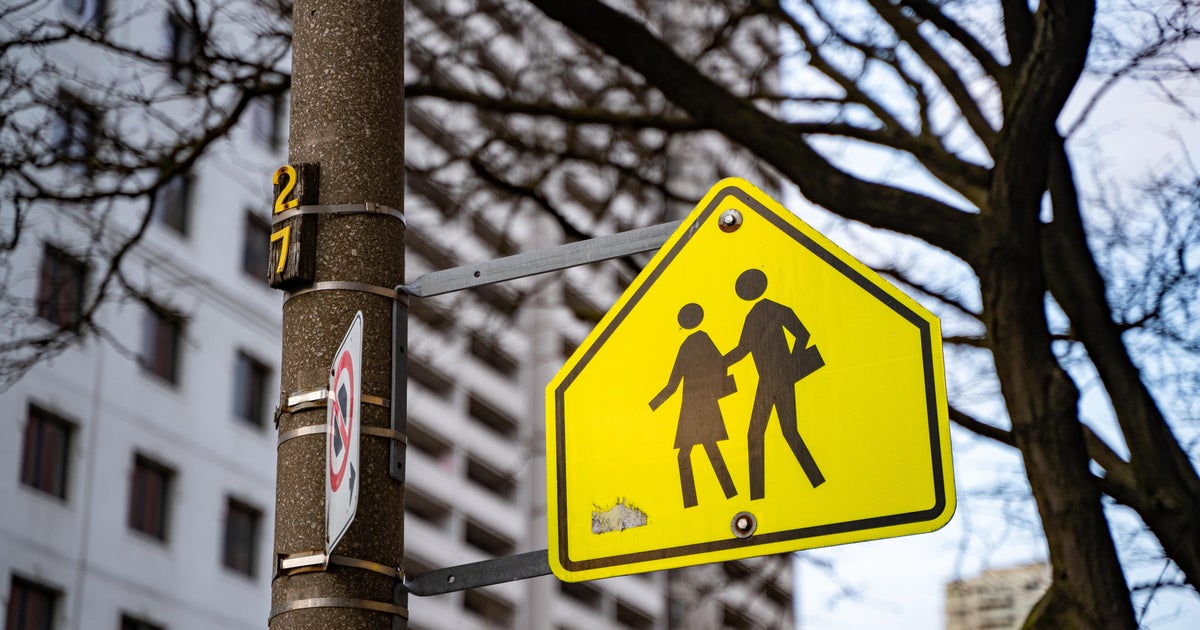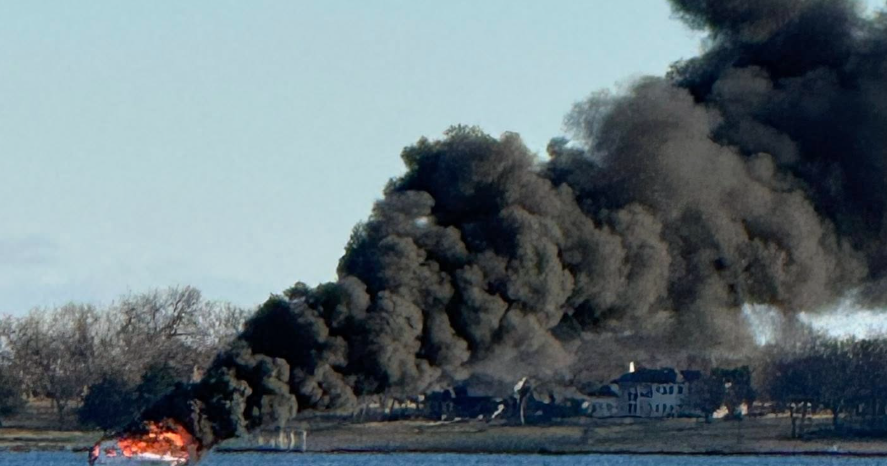Local Professors Discuss Scalia's Legacy, What's Next For The U.S. Supreme Court
By Cherri Gregg and Rahel Solomon
PHILADELPHIA (CBS) -- Republicans have promised to block any Obama nomination to the U.S. Supreme Court following the death of Justice Antonin Scalia. But experts are wondering whether such a move could result in major loses for conservatives come November.
Justice Antonin Scalia was a strong, definitive conservative voice on the Supreme Court; his death leaves four conservatives and four liberal justices on the bench. If Republicans refuse to confirm any Obama appointee there is a real possibility of a tie on controversial, conservative issues.
"There are some big cases, some have already been heard where it looked like they were going to win 5-4, now they are not going to get that."
University of Pennsylvania Law Professor Kermit Roosevelt says a four - four decisions means the lower court will stand. And since most of the appeals courts are liberal:
"It's definitely a setback for the conservative constitutional vision."
Roosevelt says it may make sense for Republicans to accept a moderate Obama nominee to avoid backlash.
"This is going to have an impact on the presidential election, it's going to have an impact on the senatorial election because now the fate of the Supreme Court is up for grabs."
He says that could end with a windfall for Democrats.
Another local professor has a very unique perspective on Scalia. Temple University professor Laura Little was shocked by Scalia's death. She remembers him as having a big personality and says the void he now leaves on the U.S. Supreme Court is equally as large.
Very few in this world can say they served for a U.S. Supreme Court Justice. Little can.
"He was affable. He was out there," said Little. "He talked to you. He went out to lunch with the law clerks."
In 1986, Little clerked for then Justice William Rehnquist. He had just been nominated Chief Justice, so to replace him, President Reagan nominated New Jersey native, Scalia.
"His death creates such a lack of stability in the court," Little said.







